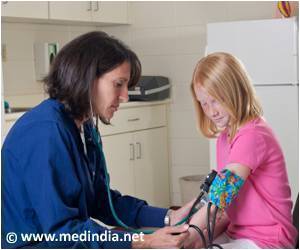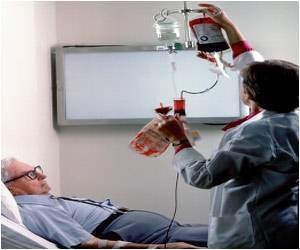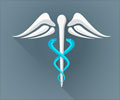A study highlights aspects of patient care that have improved from the year 2000 to 2013, providing an insight into patient care and areas of improvement.
Highlights
- A study by researchers from Brigham and Women’s hospital traces the changes in patient care from 2000 to 2013.
- This study highlights areas of care that have improved over the years and certain areas which need improvement.
- Recommended medical treatment, counseling, recommended cancer screening and avoiding unnecessary cancer screening have been better over the years.
The recommendation of treatment that is deemed necessary for a patient is given by the doctors after careful examination of the patient, the age of the patient, the disease progression and the availability of treatment measures. The study found that there was an increase in the percentage of people who received necessary recommendation for treatment that helped them in their recovery for a specific medical condition.
In 2000, the recommended medical treatment was at 36%, the increase in this measure can be attributed to greater medical care and awareness about patient needs.
2. Recommended Counseling Increases to 50%
Medical counseling is another important measure of patient care. Most patients undergo a lot of mental agony and trauma as a result of the diseases that they are afflicted with. Apart from the aid provided for physical trauma, there are emotional scars that need healing and medical counseling is an important means of support.
3. Recommended Cancer Screening Increases to 75%
4. Avoidance of Inappropriate Cancer Screening to 51%
Unnecessary cancer screening is at the other end of the yardstick, where additional screening could increase patient effort and money but will not mount to a need for the service. Apart from the physical exertion, unnecessary screening can increase anxiety associated with waiting for the results. Avoidance of unnecessary screening for cancer increased from 48% to 51%.
The increase in care for patients is due to the earnest dedication of doctors and staff in a hospital. 77% of patients who were asked about their care experience said they highly rated it, which is an increase of 5%.
The study also highlights certain areas which did not show any improvement like avoidance of inappropriate imaging (90%), Diabetes care recommendations (68%) and recommended diagnostic and preventive testing (76%).
The only areas of concern were the use of inappropriate medical treatments, which lowered from 92% to 89%, and inappropriate antibiotic use avoidance decreased from 50% to 44%.
The patient care provided by hospitals is an essential support that encompasses diagnostic services, treatment of diseases or injury, rehabilitation and improvement of health. While the necessary precaution should be exerted in diagnosing the patient correctly and detecting the presence of disease conditions early, care should be taken to avoid unnecessary diagnostic or imaging methods, as highlighted in the study.
Source-Medindia










